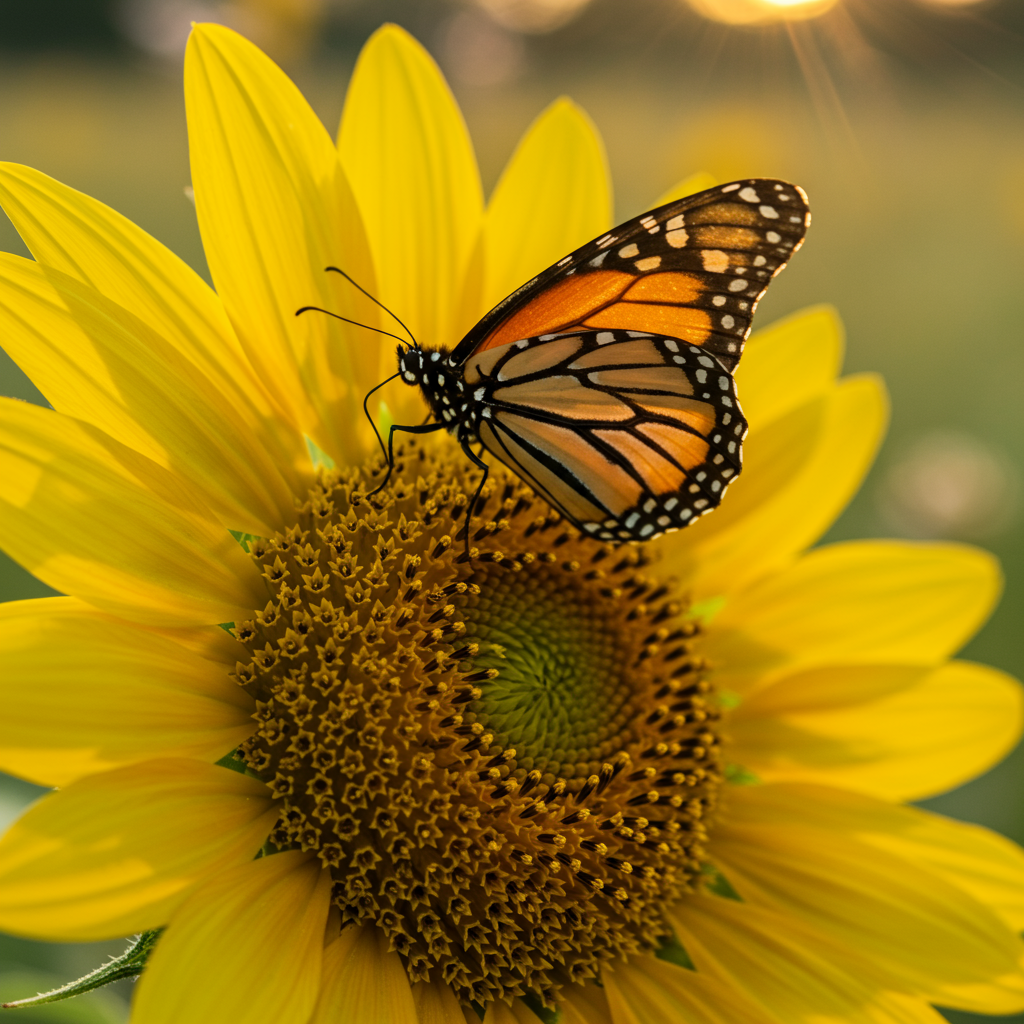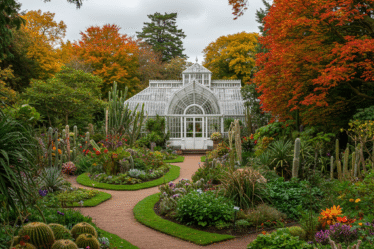
Insects. Often overlooked, sometimes feared, these tiny creatures are the unsung heroes of our planet’s ecosystems. Insectopia, the vibrant world of insects, is a realm of astonishing biodiversity and crucial ecological importance. From the iridescent wings of a butterfly to the tireless work of a dung beetle, insects play a vital role in maintaining the delicate balance of nature.
One of the most critical services insects provide is pollination. Bees, butterflies, moths, and even flies transfer pollen between plants, enabling the reproduction of a vast majority of the world’s flowering species. This process is fundamental to agriculture, ensuring the production of fruits, vegetables, and nuts that nourish us and countless other animals. Imagine a world without the sweet taste of strawberries or the vibrant colors of wildflowers – a stark reality without the tireless work of insect pollinators.
Beyond pollination, insects contribute significantly to nutrient cycling. Decomposers like dung beetles and carrion flies break down organic matter, returning essential nutrients to the soil. This process enriches the earth, supporting healthy plant growth and maintaining the overall health of ecosystems. These often-unappreciated insects are nature’s recyclers, preventing the build-up of waste and ensuring the continuous flow of vital resources.
Insects also form the base of the food chain for many animals. Birds, reptiles, amphibians, and even mammals rely on insects as a primary food source. Consider the intricate web of life in a forest: a caterpillar munching on leaves provides sustenance for a robin, which in turn might become prey for a hawk. This delicate balance, with insects at its core, highlights the interconnectedness of all living things.
However, Insectopia is facing a crisis. Habitat loss, pesticide use, and climate change are contributing to a dramatic decline in insect populations worldwide. This decline has far-reaching consequences, threatening not only the biodiversity of our planet but also the stability of our food systems and the health of our ecosystems. Understanding the vital role insects play is the first step towards protecting these tiny wonders.
We must recognize the interconnectedness of life on Earth and the importance of even the smallest creatures. By supporting sustainable practices, reducing pesticide use, and protecting natural habitats, we can help safeguard Insectopia and ensure the continued health of our planet. The future of our world depends on the buzzing, crawling, and fluttering inhabitants of this incredible miniature universe.



